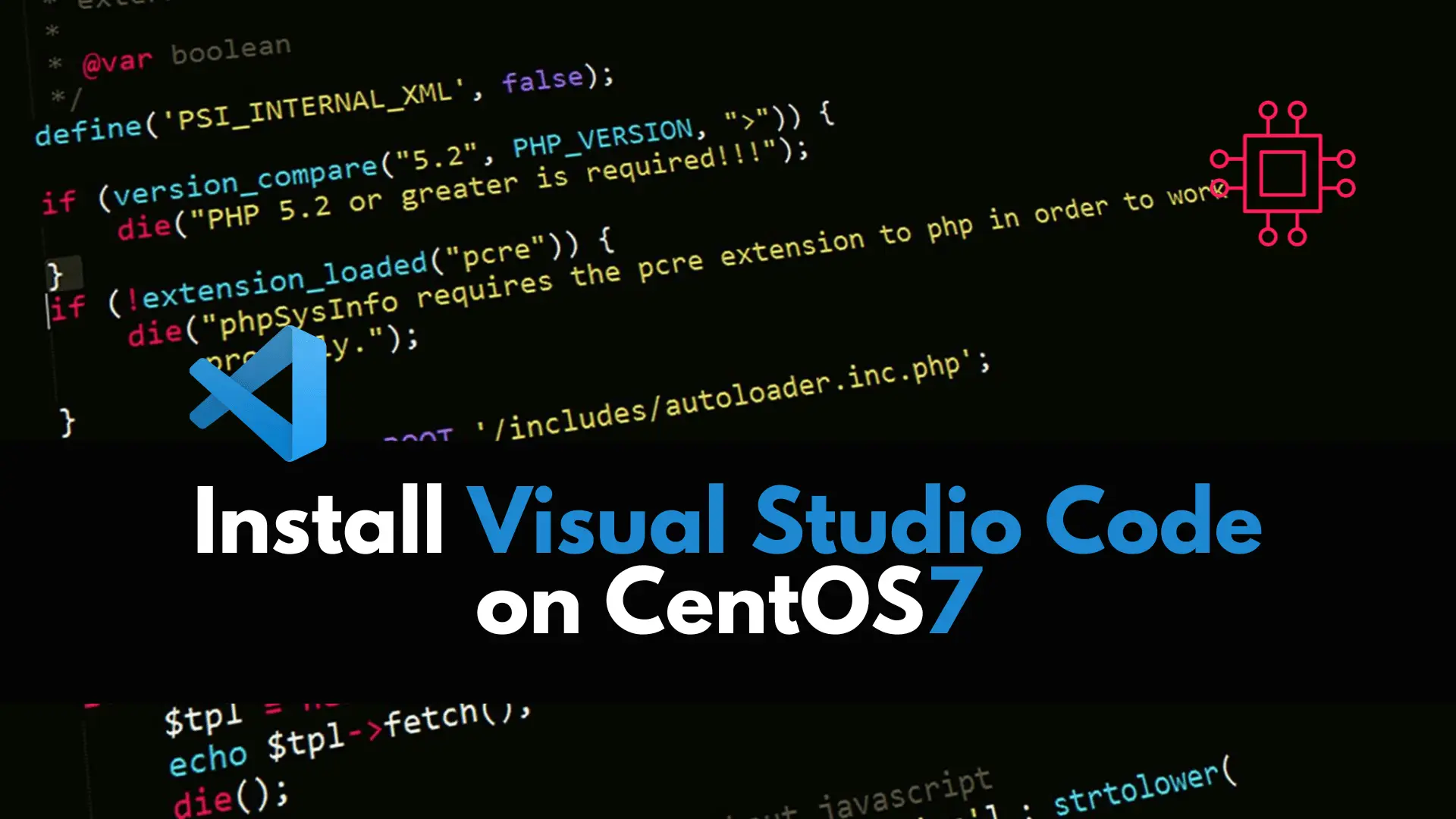
In this article, we will review in detail how to install sublime text4 on CentOS8 or RHEL8 and also provide examples. Table of Contents Brief

In this article, we will review questions a hiring manager may ask and what to look for when vetting potential tech candidates…
IT industry headhunters from hiring agencies all across the country, are beginning to notice a decline in the quality of candidates that apply for technical positions such as, systems administrators, systems engineers, network administrators, storage administrators, database administrators, and DevOps engineers, to name a few. In this post we will explore the possible reasons why and what questions interviewers can ask to properly vet potential candidates and separate the “wheat from the chaff” so to speak–when it comes to identifying true talent.
In addition, this article will also aid aspiring IT professionals (“the interviewees”) who are looking to break into the industry by providing them with answers to those interviewer questions. Or, more importantly, the right way to answer those questions so they stand out among the sea of applicants and increase their chances of making the short list of potential candidates.

Photo by Tima Miroshnichenko from Pexels
When I was just starting out as an intern and a Junior Systems Administrator (JSA), my colleagues and I were all Associate and Bachelor degree holders or part-time graduate students in the Computer Information Science/Technology or some computer or software-related discipline. Keeping up with certifications (Red Hat Certified Systems Administrator (RHCSA), Red Hat Certified Engineer (RHCE), Microsoft Certified Systems Engineer (MCSE), A+, etc) and attending Linux academies and training sessions was touted and encouraged among the staff. In fact, many of us waxed on about one day moving on to work for one of the big tech giants like Google (just a few years into its founding) Facebook, Mozilla, Verizon, Oracle, Microsoft, Dell, to name a few. Or, even the Government institutions like the Department of Defense (DOD) Homeland Security, which was at its inception and born out of the aftermath of 9/11, The Pentagon, State Department, The National Aeronautics and Space Administration (NASA) and so on.

Quite frequently, as I would go out and about my daily routine, I would see flyers and signs popping up with phone numbers to call and sign up for a two(2) to four(4) month training class to become an Oracle Database Administrator (DBA) or Linux System Administrator, etc… with the promise of a six-figure salary in bold as the selling point of course. As the days turned to weeks and then months, the flyers and signs multiplied exponentially. Even when some signs were torn down, new ones would promptly and magically resurface to take their place it seemed–the very next day. Recently, the pandemic has brought about a renewed surge in these types of online and offline IT course offerings. I believe this demand is partly-fueled by an attempt to fill the vacuum created in the jobs market as a result of the pandemic, coupled with the adjustment many tech organizations made with switching to remote working. In fact, this article lists 30 companies that intend to remain in a remote working posture for the foreseeable future.
According to the World Economic Forum, there was already high growth and adoption in education technology (includes language apps, virtual tutoring, video conferencing tools, and various online learning software) with global edtech investments reaching US$18.66 billion in 2019 before the pandemic. The overall market is projected to reach an estimated $350 Billion by 2025. Therein lies the problem as it goes without saying–not all IT educational institutions and educators are created equal. To put it another way, the diminishing skills set among today’s current pool of IT applicants could be a reflection of the poor quality of education available, or the proliferation of many of these fly-by-night training programs that overpromise and underdeliver. The growing market for online and offline courses and training programs proved to be tempting enough to lure many of the experienced IT talent away from the workforce and into running online and offline IT training academies, earning upwards of 2x to 5x the income they earned working their high six-figure day jobs.

For every one good training program, there are dozens out there subpar at best. The same holds true for most online courses. A large majority of them are scams with educators looking to make a quick buck and snag a proverbial piece of that $19 billion dollar pie. I know this to be true from conversations I’ve had with some of my friends and colleagues who started their own training programs.
The general consensus tends to be one of the following:
If you are an aspiring IT professional, and fall into one of these three categories, all hope is not lost. You can still realize your dream of a rewarding IT career but it will take a considerable amount of work and you have to remain vigilant and committed to doing the work necessary to actualize your goals.
Unfortunately, IT training programs that are just as interested in cultivating competent IT professionals as they are in their bottomline, are few and far in between. Therefore, the onus is on you to do your research and ensure that you are enrolled with a reputable and preferably accredited program. Sign up for an Introduction to Computer Information Science 101 or Introduction to Information Technology 101 at your local Community College to determine if this career path is right for you.

It is no secret that there has been an increase in the number of falsified resumes and credentials in the IT jobs market. Therefore, headhunters and interviewers also need to be thorough in the vetting of potential candidates. Gone are the days when a Bachelor’s Degree, Certifications, and impressive resume translate to a qualified candidate for a position. You need to ensure you are asking the right questions and more importantly, listening to the way a candidate answers those questions.
During this phase of the interview process, the candidate is dealing primarily with a headhunter or recruiter. Recruiters are the middlemen and women standing between the candidate and the client looking to fill a position. This phase of the interview is typically conducted over the phone and the details of the position and what the client expects from the candidate are discussed. Human Resource (HR) details like compensation and benefits are also negotiated and discussed during this phase.
The better recruiting firms separate themselves from the rest in their approach to the vetting process. During the phone interview, great recruiters vet their candidates by asking a series of questions aimed at getting them to talk and reveal details about their background, previous and current work experience, skill sets, and even their social lives outside of the workplace. This is all in an attempt to gain insights on the “whole individual” in order to determine if he or she will be a good fit for the client or organization.

Talented recruiters make it their business to know as much as possible about the organizations they are in-contract with. They familiarize themselves with the organizations’ mission objectives, goals, and workplace culture. They are also great communicators and skilled in identifying areas within the organization that can be strengthened or supported by new hires or reforming an organizations’ policies and procedures.
With that in mind, most recruiters are not IT subject-matter experts and thus lack the ability to thoroughly query a candidate to determine his or her skill level. This is reserved for the next phase in the interview process where the candidate has a face-to-face meeting with the client or the organizations’ IT management personnel. However, most top-tier recruiting agencies make up for this lack of expertise by requiring their candidates take a preliminary IT skills test before proceeding with any further engagements.
During this phase of the interview process, the recruiter or headhunter will reach out to the client and setup an appointment for a face-to-face meeting with the candidate. Or, the client may opt for a second phone interview or a zoom call with the candidate first, before proceeding with a face-to-face meeting. This is also referred to as the technical portion of the interview process.

Photo by Tima Miroshnichenko from Pexels
The candidate should expect to field technical questions during this phase and depending on the organization, and the requirements of the position, multiple members of the IT management staff may be present for the interview.
This is important. There’s nothing more embarrassing for a candidate than to be asked about a technology, monitoring tool, application, etc they have listed on their resume but have little to no knowledge about. The importance of knowing your resume cannot be overstated as naturally, interviewers tend to draw technical questions based on what’s on the resume.
Was this post helpful to you in any way? If so, leave us a comment below. We’d love to hear from you. We welcome constructive critiques on our post as it can only make us better at what we do. Cheers!
Here’s an example of an article (below) that we made some improvements on based on input from our readership. You’re all much appreciated!
Speed Dating for Hiring: Navigating the Shortlist Selection Process
Related Posts

In this article, we will review in detail how to install sublime text4 on CentOS8 or RHEL8 and also provide examples. Table of Contents Brief

In today’s Ansible series, we will learn about automating changes using Ansible. Specifically, we will automate changes to the sshd config file. Table of Contents

In this article, we review how to install VSCode on CentOS 7, providing step-by-step instructions to ensure a seamless setup of the Visual Studio Code
